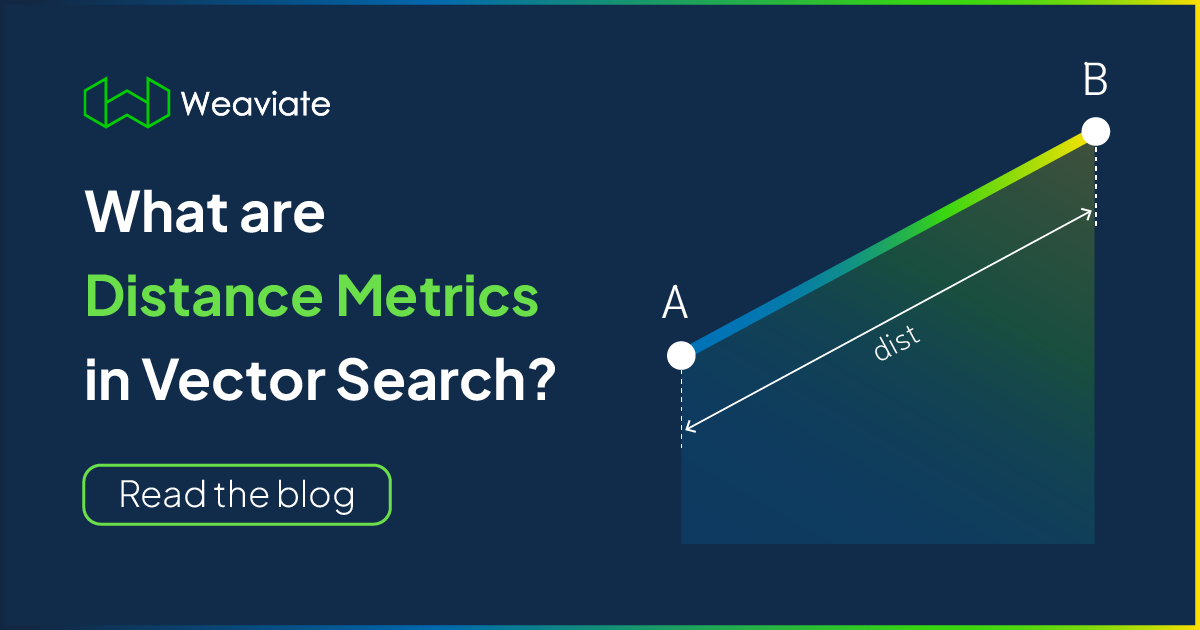We are happy to announce the release of Weaviate 1.16, which brings a set of great features, performance and UX improvements, and fixes.
The brief
If you like your content brief and to the point, here is the TL;DR of this release:
- New Filter Operators – that allow you to filter data based on null values or array lengths
- Distributed Backups – an upgrade to the backup functionality, which allows you to backup data distributed across clusters
- Ref2Vec Centroid Module – a new module that calculates a mean vector of referenced objects
- Node Status API – to quickly check on the health of your running clusters
- Support for Azure-issued OIDC tokens – now you can authenticate with Azure, Keycloak, or Dex OIDC tokens
- Patch releases – ready sooner – starting with Weaviate
1.15, we publish new patch releases as soon as new important fixes are available, so that you get access to all updates as soon as possible





